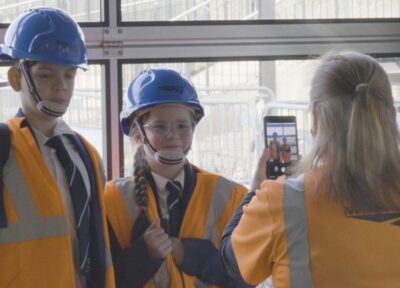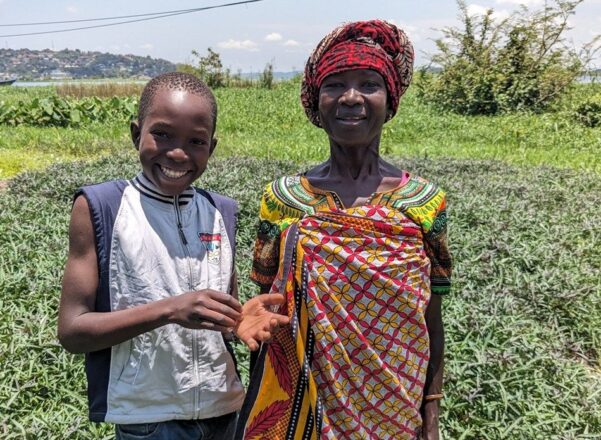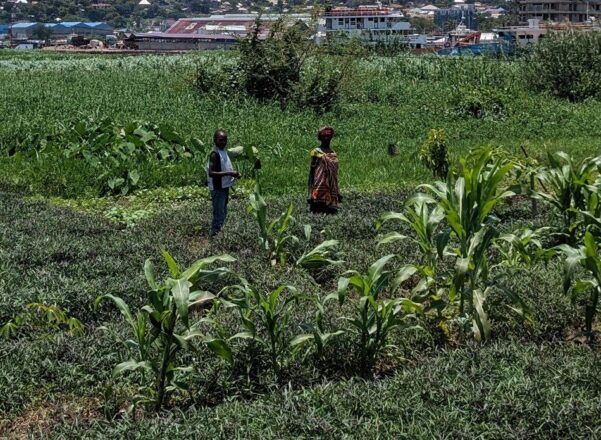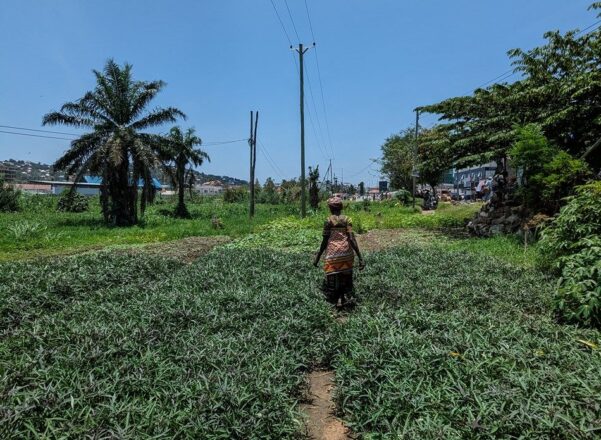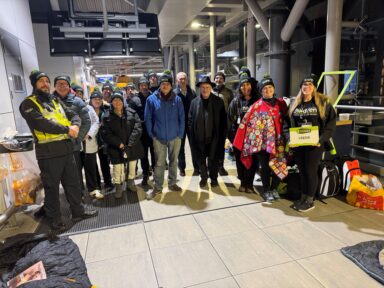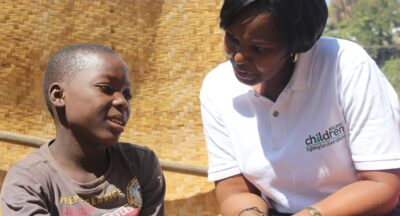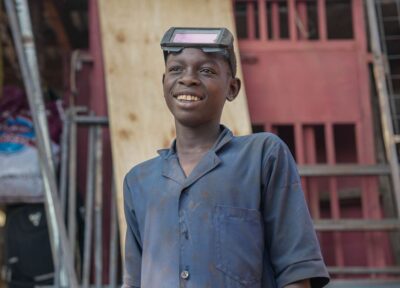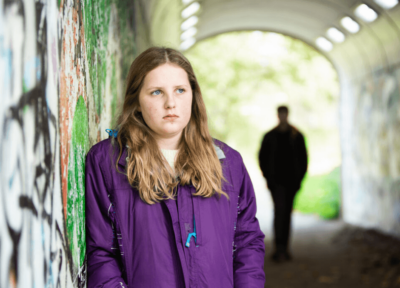Building a future together
As well as his interest in mechanics, Adin has a particular skill for budgeting. Bibi tells us how he helps her to save money every month, so they have enough to pay the rent for the garden and their home.
She recalls that when he was living on the streets, Adin buried money underground to keep safe so that when he had saved enough, he could take it home to his family.
“He is always thinking about how he can help us,” Bibi says. “When I received the grant to start my business, I took Adin, his brother and his sister with me to collect it because I wanted them to be involved and learn about money.”
Jenny congratulates Bibi on the progress she has made with Adin and her other grandchildren. “You are very hardworking, and many others wouldn’t have done the same,” Jenny says.
“Since I started working with you, I saw willingness and motivation to help your grandchildren and nurture their skills, and this is why you are doing so well. It’s why Adin is so happy to be at home with you. You are a superwoman.”
After Bibi takes us on a tour around the garden, Jenny does a final check-in with the emotional thermometer. “I’m green, green, green!” Bibi says joyfully, followed by Adin: “I’m feeling green too!”
We leave Bibi and Adin tending to the garden together, harvesting their fruitful crops.
